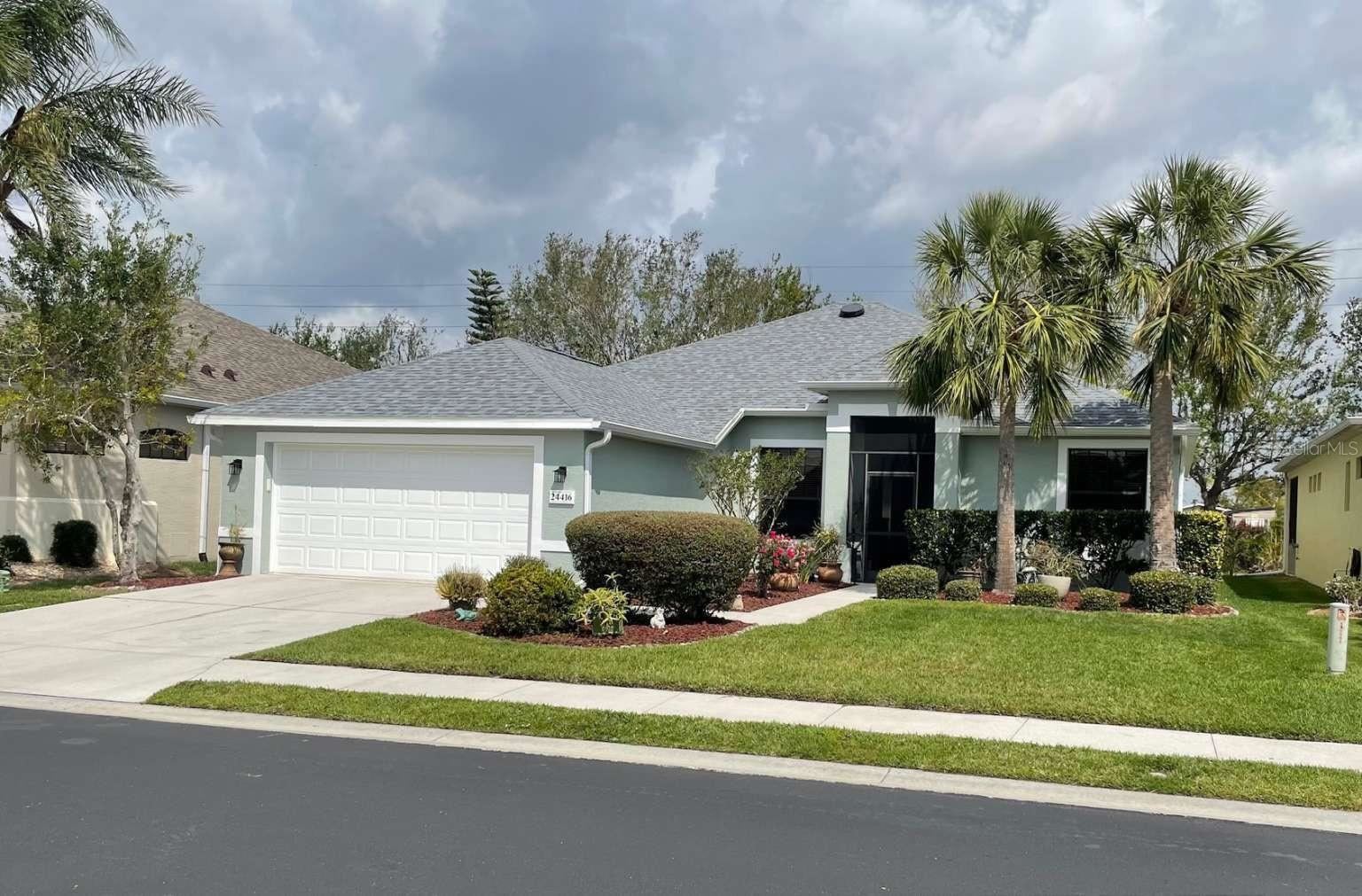Guide to Low-Income Supportive Housing Florida: What You Need to Know

Low-income supportive housing Florida plays a crucial role in helping families, seniors, and individuals facing financial hardships find safe and stable living environments. For those searching for Low-income supportive housing Florida, this guide provides essential information on how these housing options work, the benefits they offer, and the resources available to residents. Understanding low-income supportive housing Florida can help you make informed decisions about housing stability and access to necessary services.
What is Low-Income Supportive Housing Florida?
Low-income supportive housing Florida refers to residential programs that combine affordable housing with supportive services. These services may include counseling, healthcare, job training, and social assistance aimed at helping residents maintain independence. Low-income supportive housing Florida is designed to serve vulnerable populations such as seniors, people with disabilities, and families with limited income. The goal of low-income supportive housing Florida is to provide a safe, stable, and nurturing environment where residents can thrive while receiving necessary support.
Benefits of Low-Income Supportive Housing Florida for Families and Seniors
One of the main advantages of low-income supportive housing Florida is that it provides affordability without sacrificing quality. Families living in low-income supportive housing Florida gain access to safe neighborhoods, well-maintained facilities, and community programs that enhance quality of life. Seniors benefit from low-income supportive housing Florida by receiving assistance with daily living activities, healthcare monitoring, and social engagement opportunities that reduce isolation. Additionally, low-income supportive housing Florida helps reduce financial stress, allowing families and seniors to focus on personal growth and stability.
Accessing Low-Income Supportive Housing Florida
Applying for low-income supportive housing Florida typically involves meeting income eligibility requirements and demonstrating the need for supportive services. Local housing authorities, nonprofits, and community organizations manage most low-income supportive housing Florida programs. By contacting these agencies, individuals can learn about application processes, waitlists, and available units. Accessing low-income supportive housing Florida early is beneficial, as demand often exceeds supply, and eligibility verification may take time.
Support Services Offered in Low-Income Supportive Housing Florida
Low-income supportive housing Florida goes beyond just providing a roof over one’s head. Residents often receive access to healthcare services, mental health counseling, vocational training, and case management. These programs ensure that individuals living in low-income supportive housing Florida have the resources needed to achieve long-term stability. Children in low-income supportive housing Florida benefit from educational support programs, while adults gain opportunities for skill development and employment assistance. The integrated approach of low-income supportive housing Florida creates a supportive community focused on growth and independence.
How Low-Income Supportive Housing Florida Provides Stability
Stability is a key outcome of low-income supportive housing Florida. By offering secure and affordable housing combined with supportive services, residents can avoid homelessness, manage chronic conditions, and build financial security. Low-income supportive housing Florida helps families create a foundation for long-term success, while seniors can live independently with confidence. Furthermore, the sense of community in low-income supportive housing Florida fosters social connections that improve mental and emotional well-being.
Finding Low-Income Supportive Housing Florida Near You
To locate low-income supportive housing Florida, start by contacting your local housing authority or community development office. Online directories and nonprofit organizations also maintain listings of available low-income supportive housing Florida units. Visiting these sites and speaking with housing coordinators can provide detailed information about eligibility, services, and application timelines. Being proactive in searching for low-income supportive housing Florida increases your chances of securing a suitable home quickly.
Low-income supportive housing Florida is an essential resource for families, seniors, and individuals seeking stability, support, and community. By understanding the benefits, accessing available resources, and utilizing supportive services, residents can achieve greater independence and improved quality of life. Low-income supportive housing Florida not only provides shelter but also a pathway to personal growth and long-term security.